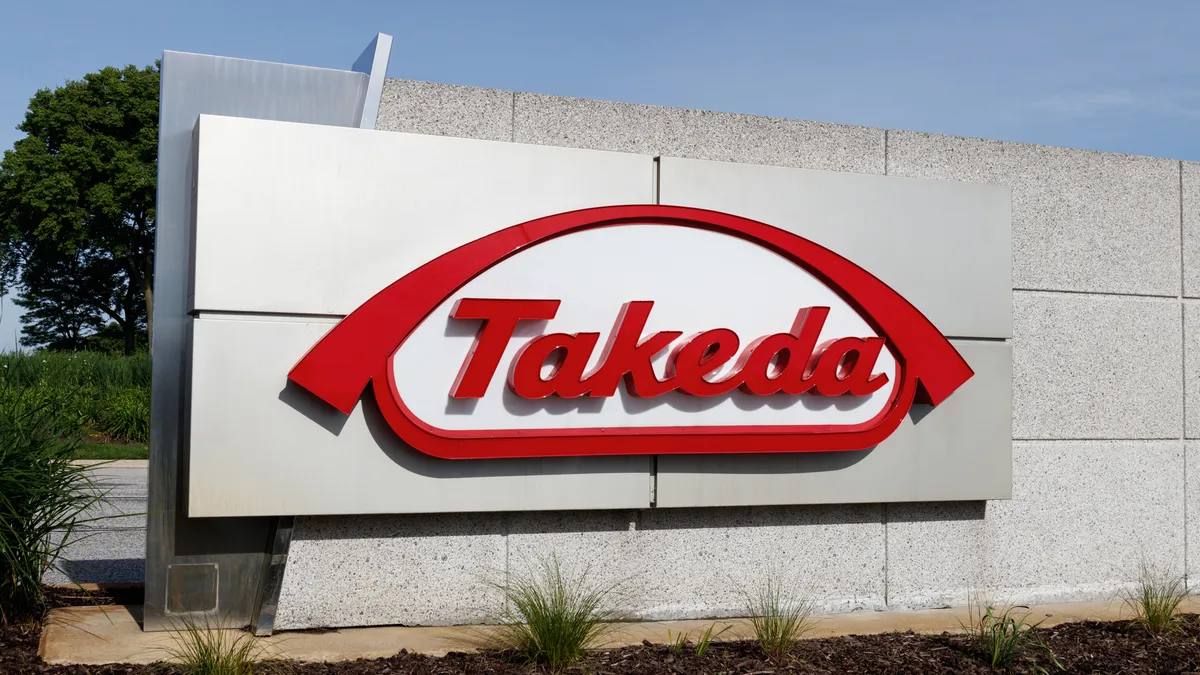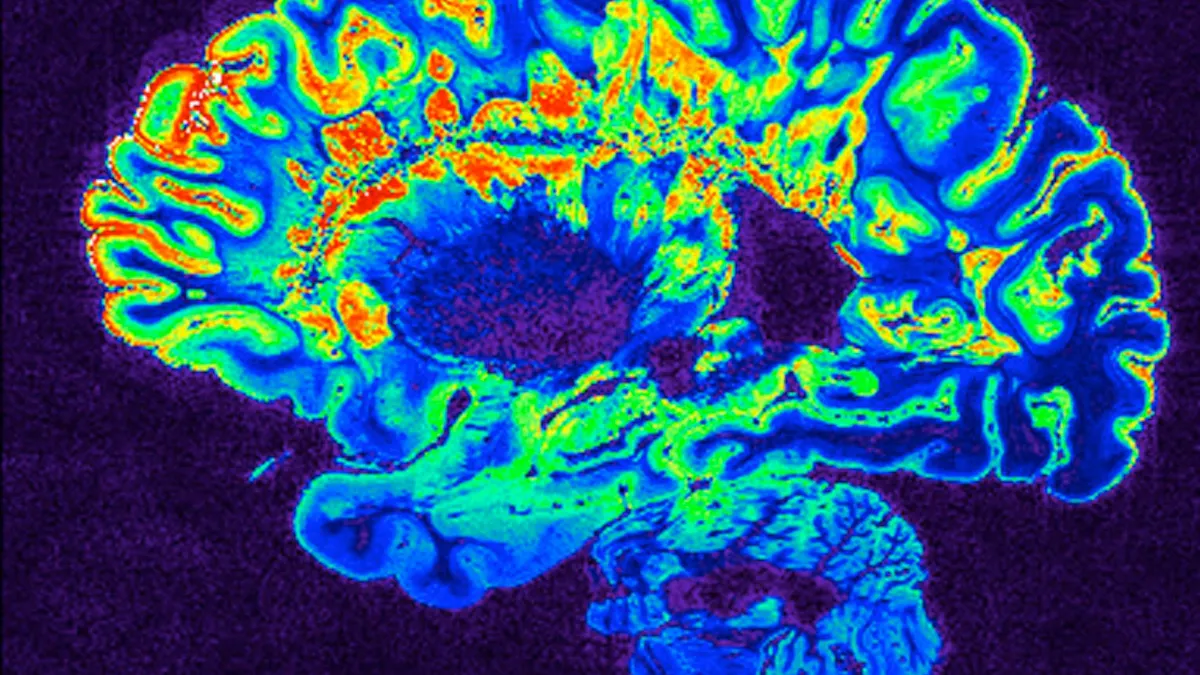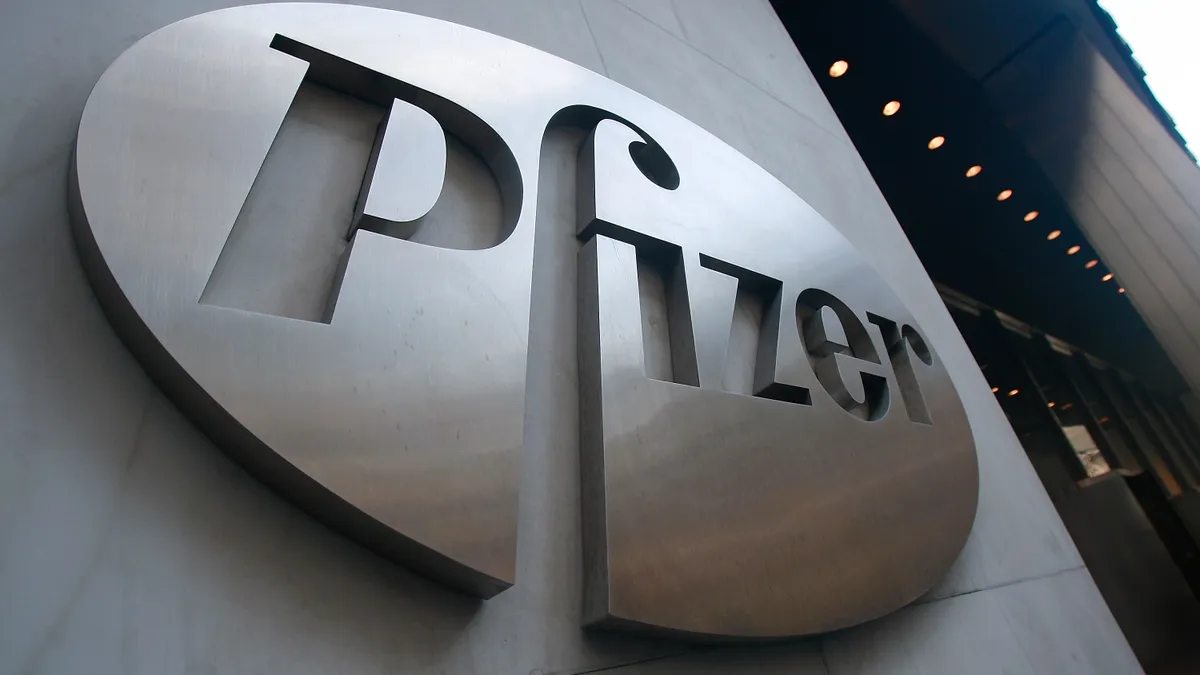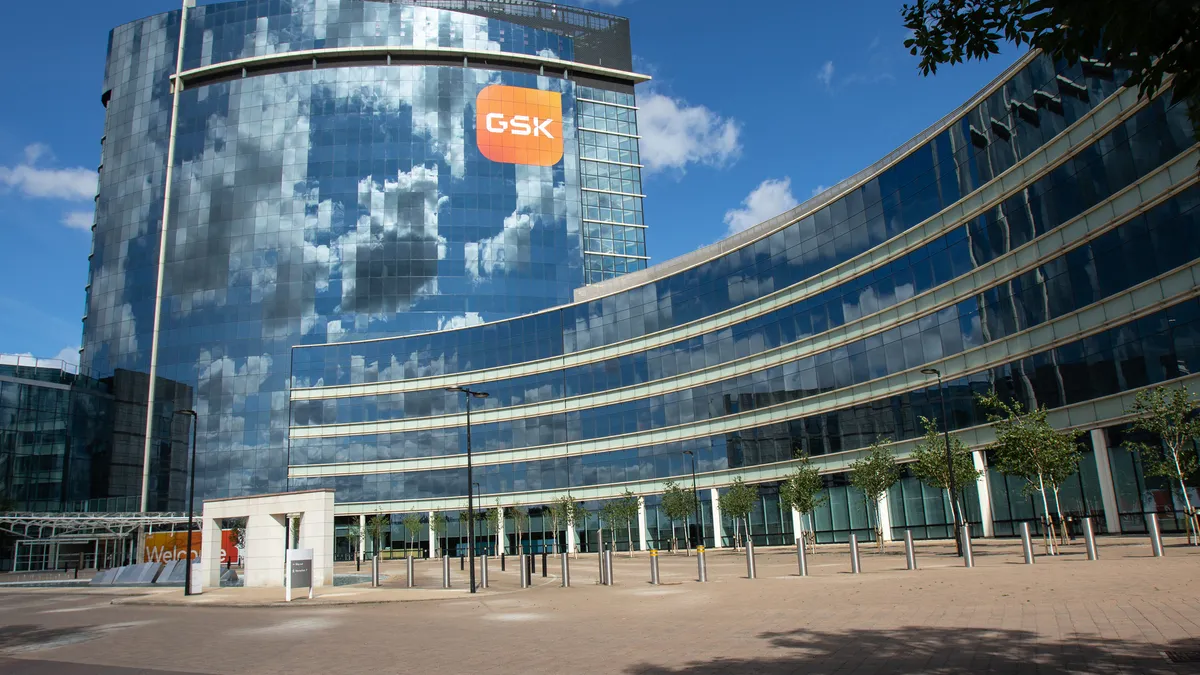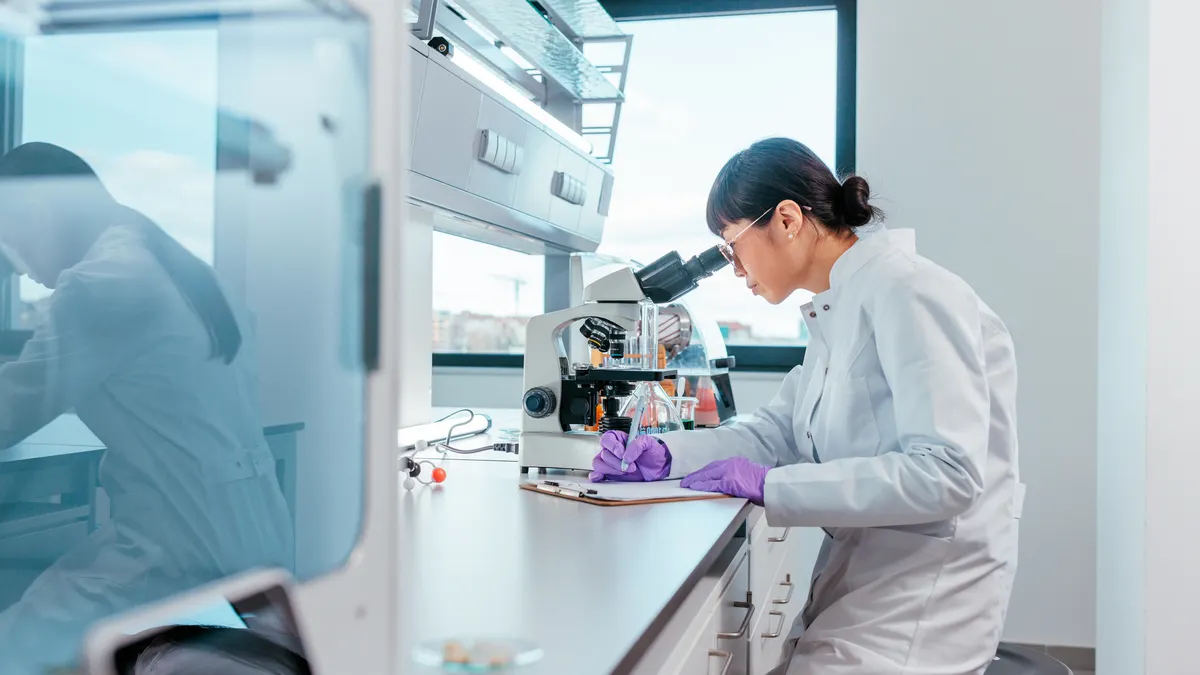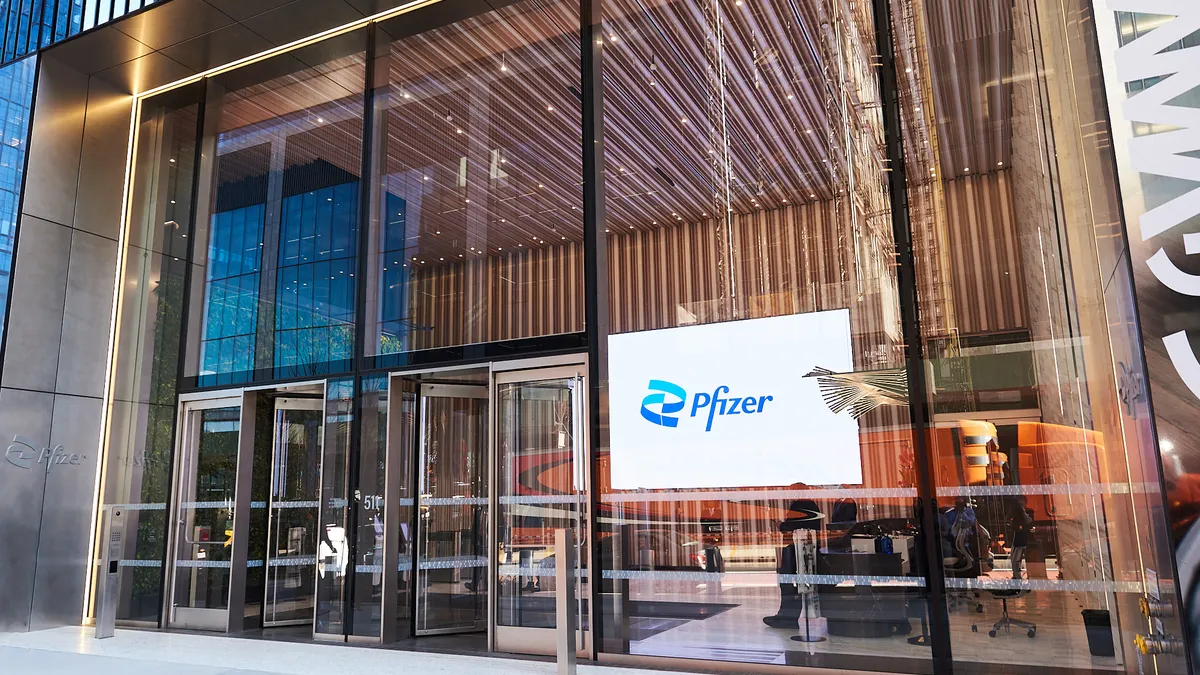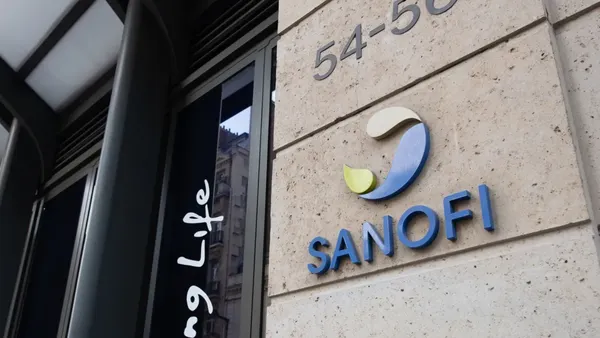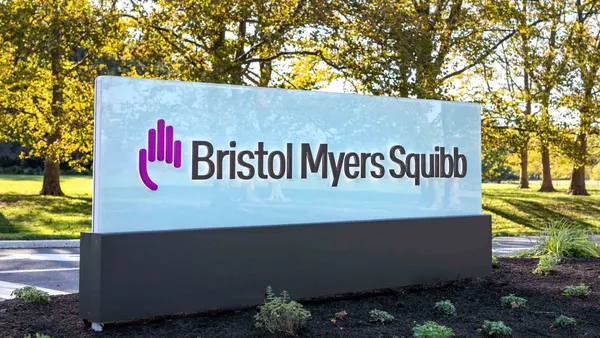Takeda is turning to China to fuel its oncology pipeline, announcing Wednesday a wide-ranging collaboration with Innovent Biologics that could be worth more than $11 billion.
Through the alliance, Takeda is gaining rights outside of Greater China to two experimental cancer therapies in late-stage testing. It also acquired an option to a third in earlier development. Innovent, which is based in Suzhou, China, will receive $1.2 billion up front as well as a $100 million equity investment at a 20% premium to its current trading price on the Stock Exchange of Hong Kong.
Takeda could add another $10.2 billion to the deal, if all three molecules hit a variety of development milestones.
The deal is the latest bet by a large pharmaceutical company on experimental medicines discovered in Chinese laboratories. These types of licensing agreements have surged to record levels over the last year or so, amid both the fast ascent of China’s biotechnology sector and pharma’s need to acquire new medicines ahead of looming patent cliffs.
Takeda, for instance, recently lost market exclusivity for some of its top-selling products, like the ADHD medication Vyvanse. The resulting profit decline has led the company to restructure, trim its pipeline and end all of its cell therapy work.
But Takeda has several medicines in advanced testing, among them a new sleep medication and a therapy for multiple autoimmune conditions. It also dipped into China in 2023, acquiring a colon cancer drug from Hutchmed now sold as Fruzaqla. The licensing deal announced Wednesday will add to that mix what Takeda views as “next-generation” treatments for solid tumors, according to a statement.
One, dubbed IBI363, is a dual-targeting antibody aimed at two popular cancer targets, the “checkpoint” protein PD-1 and the cytokine IL-2. Takeda noted how IBI363 showed potential in early testing to affect “several” solid tumor types, including in patients who don’t respond to commonly used cancer immunotherapies. The drug is currently in a Phase 1/2 trial and three other mid-stage studies in people with lung and colorectal tumors.
A second therapy called IBI343 is an antibody-drug conjugate, a type of targeted chemotherapy, that homes in on a protein called Claudin 18.2. IBI343 is one of many ADCs directed at that target, which is highly overexpressed in several cancers. And while study results for Claudin 18.2 drugs have been mixed so far, Takeda noted how Innovent’s drug has shown “promising clinical activity" in studies in gastric and pancreatic cancers, which have among the lowest five-year survival rates.
These two drugs “have the potential to address critical treatment gaps for patients with a range of solid tumors,” said Teresa Bitetti, the head of Takeda’s global oncology business, in a statement. Bitetti added that they could be “transformative” for Takeda’s oncology portfolio and “significantly enhance” the company’s growth potential in the years ahead.
The third medicine in the deal is a two-pronged ADC that zeroes in on the proteins EGFR and B7H3. Innovent has been studying it in an early-stage trial in people with advanced or metastatic solid tumors. Takeda would gain rights outside of Greater China to the molecule if it opts to license the therapy, known as IBI3001.



